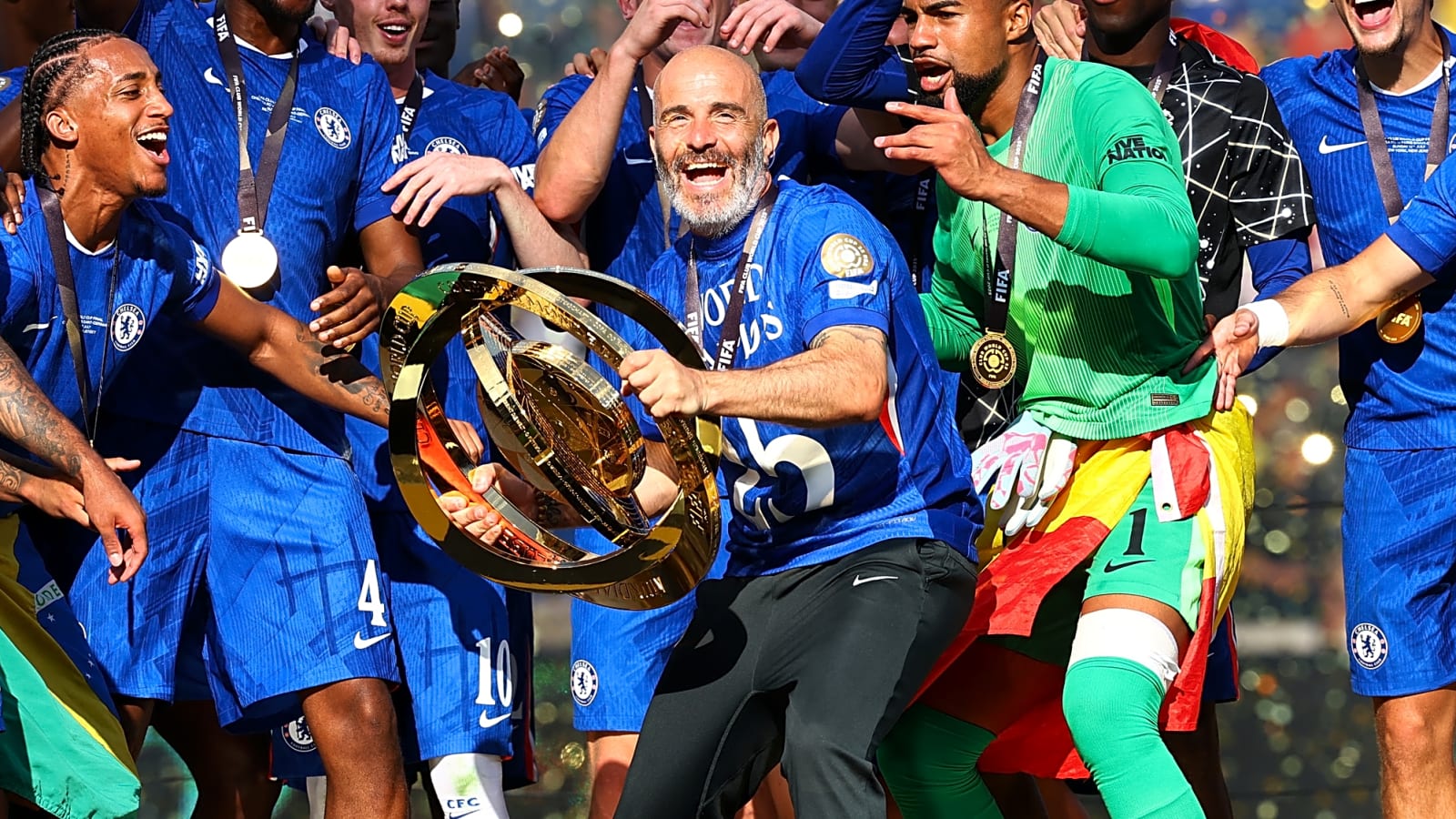
Well, well, well. Just when you thought Chelsea’s drama was limited to their revolving door of managers and bizarre transfer strategies, the Football Association decides to drop a bombshell that makes their recent performances look like a masterclass in competence. The Blues have been slapped with a staggering 74 charges related to dodgy dealings from the Roman Abramovich era – because apparently, owning Chelsea means you inherit more baggage than a Heathrow carousel during Christmas.
The charges, announced by the FA in what can only be described as the football equivalent of receiving your credit card statement after a Vegas weekend, cover violations spanning from 2009 to 2022. That’s 13 years of alleged rule-breaking that would make even the most creative accountant blush. The primary focus? Those golden years between 2010-11 and 2015-16 when Chelsea were collecting trophies like they were Pokemon cards.
The Abramovich Legacy: A Gift That Keeps on Giving
Here’s where it gets genuinely absurd – and frankly, a bit tragic for the current ownership. Todd Boehly and his BlueCo consortium didn’t just buy a football club; they essentially purchased a ticking time bomb wrapped in a Champions League trophy. The current owners actually self-reported these issues during their due diligence process, which is like voluntarily handing yourself a speeding ticket while the police officer is looking the other way.
The mysterious payments that caught everyone’s attention allegedly relate to signings of some pretty significant names. We’re talking about Eden Hazard, Willian, and Samuel Eto’o – players who, ironically, probably brought more joy to Chelsea fans than this current mess is bringing headaches to the board. It’s almost poetic that the very transfers that made fans dream are now causing nightmares in the boardroom.
What These Charges Actually Mean for Chelsea
The FA statement reads like a legal grocery list from hell. Chelsea faces breaches of Regulations J1 and C2 of the FA Football Agents Regulations, Regulations A2 and A3 of the FA Regulations on Working with Intermediaries, and Regulations A1 and B3 of the FA Third Party Investment in Players Regulations. If that sounds like alphabet soup, that’s because it basically is—but with potentially devastating consequences.
Chelsea now has until September 19, 2025, to respond, which gives them almost a full year to craft what will undoubtedly be the most expensive legal defense since someone tried to argue that pineapple belongs on pizza. The club’s response so far has been a masterclass in corporate speak, emphasizing their “unprecedented transparency” and “collaborative approach” – translation: “Please don’t hurt us too badly.”
The Current Ownership’s Nightmare Scenario
You almost have to feel sorry for Boehly and company. Almost. They walked into Stamford Bridge thinking they were buying a football club and ended up inheriting what amounts to a financial archaeological dig. Every shovel they put in the ground unearths another potential compliance violation from the Abramovich years.
The Guardian reports that rival clubs are actually “sympathetic” to Chelsea’s situation, which is perhaps the most shocking part of this entire story. When your Premier League rivals feel bad for you, you know you’re in deep trouble. It’s like getting a sympathy card from Tottenham – you know things have gone sideways.
Financial Punishment vs. Sporting Sanctions
The silver lining in this storm cloud is that most experts expect any punishment to be financial rather than sporting. No points deductions, no transfer bans – just a very expensive lesson in corporate inheritance. Chelsea officials have been negotiating settlements similar to their 2023 UEFA agreement, which suggests they’re treating this more like a tax bill than a criminal proceeding.
This approach makes sense when you consider that Chelsea essentially turned themselves in. It’s hard to throw the book at someone who voluntarily opened their filing cabinets and said, “Hey, we found some questionable stuff in here.” The FA recognizes this, which is why the tone of their statement feels more administrative than punitive.
The Broader Impact on English Football
What makes this situation particularly fascinating is how it highlights the complexities of modern football ownership transitions. When billionaires buy football clubs, they’re not just acquiring assets – they’re inheriting decades of decisions, relationships, and yes, potential violations that could surface years later.
The Abramovich era transformed Chelsea from mid-table mediocrity to European powerhouse, but that transformation came with costs beyond the transfer fees. The current charges suggest that some of those costs involved creative interpretations of FA regulations that are now coming due with interest.
Looking Forward: Chelsea’s Path to Resolution
The good news for Chelsea fans is that this appears to be more of a bureaucratic headache than an existential threat. The club has demonstrated remarkable cooperation with authorities, and their willingness to self-report suggests they’re serious about cleaning house. The bad news is that this process will likely drag on for months, providing endless ammunition for rival supporters who already had plenty of material to work with.
Chelsea’s statement emphasizes their commitment to working “collaboratively with The FA to conclude this matter as swiftly as possible.” In football terms, this translates to “we want this nightmare to end so we can get back to spending obscene amounts of money on players we don’t really need.”
The 74 charges might sound intimidating, but they’re more likely to result in a hefty fine than sporting sanctions. For a club that spent over £600 million in their first season under new ownership, adding a few million more to the bill probably feels like rounding error at this point.
This entire saga serves as a reminder that in modern football, buying a club means buying its history – the good, the bad, and the legally questionable. For Chelsea, the ghost of Roman Abramovich continues to haunt Stamford Bridge, but at least this time, it’s the current owners who have to deal with the supernatural cleanup costs.
More must-reads:
- Arsenal’s newfound depth shines despite another Martin Odegaard setback
- Analysts have given up on Arch Manning, and that's shortsighted
- The 'FBS animal teams' quiz
Breaking News
Trending News
Customize Your Newsletter
 +
+
Get the latest news and rumors, customized to your favorite sports and teams. Emailed daily. Always free!








